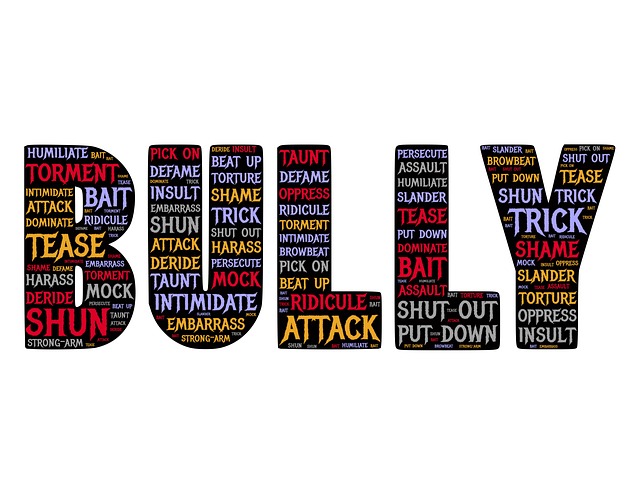Incidents like an older, taller boy troubling the shorter boy of his class or a junior by snatching away his tiffin or tripping him are fairly common.
We have all been a part of bullying at some point in our childhood. Whether it was as a survivor, a perpetrator or a bystander. Although these incidents in retrospect or from a distance may seem very trivial, bullying is a very serious act that can have grave consequences both in the short-term as well as the long-term for the survivor as well as the perpetrator. Possible effects for all three parties involved are mentioned below –
For the Survivor
- Bunking or dropping out of school
- Social and emotional withdrawal
- Loss of self-confidence
- Having nightmares; trouble falling asleep
- Loss of appetite
- Adverse impact on academic performance
- Loss of interest in pleasurable activities
- Anger outbursts
- Developing mental health problems such as anxiety disorders, depression or PTSD as a result of the trauma experienced in extreme cases
- Engaging in self-harm
- Increased risk of committing suicide

Dr Prerna Kohli India’s Top Psychologist Talks about Effects of Childhood Bullying
For the Perpetrator
- Difficulty forming relationships due to lack of empathy or style of relating with others
- Engaging in high-risk behaviors
- Increased risk of substance abuse and also developing an antisocial personality disorder
For the Bystander
- Increased risk of substance abuse
- Constant fear of becoming the target, therefore skipping school
- Increased risk of developing an anxiety disorder or depression
It is important to realize that a bystander makes an active choice when he/she decides not to do anything about witnessing bullying. They then are doing any one of the following three things – 1) they are either choosing to ignore the situation because it does not affect them directly, 2) they are too scared to report the matter, 3) they are actually deriving sadistic pleasure by seeing someone else suffer. Not intervening when one witnesses bullying is a way of encouraging the bully to carry on with his behavior. Whichever be the case, observing and not intervening in such situations is not only the wrong thing to do but also has harmful effects on the bystander.

